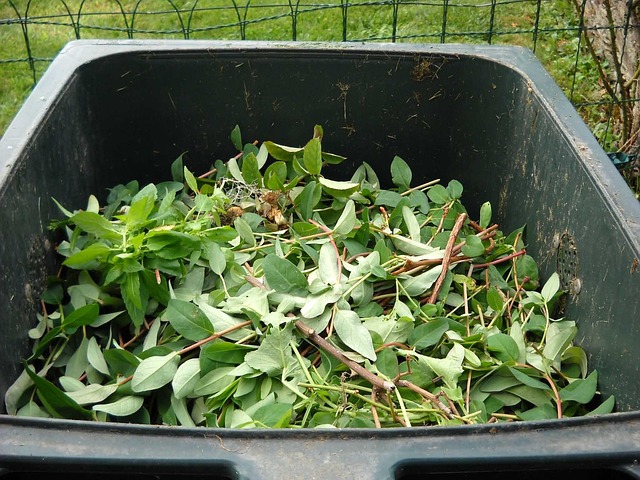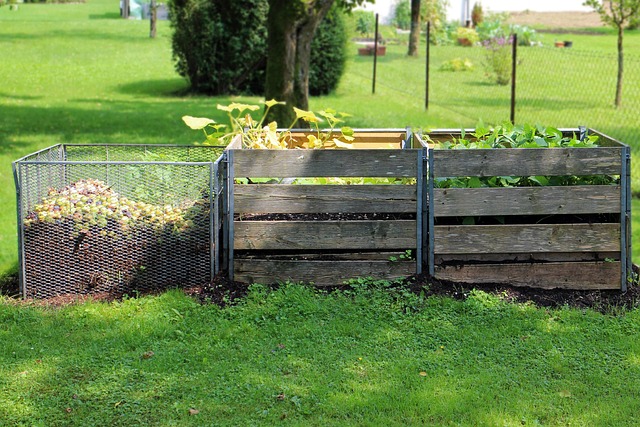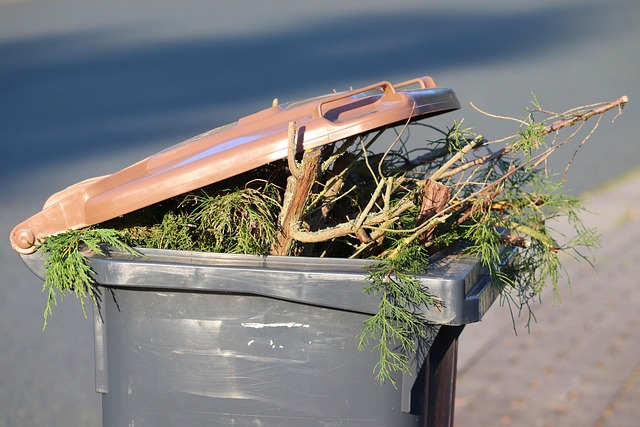In a world increasingly aware of the environment, gardening has taken on a new significance. It’s not just about growing plants anymore; it’s about nurturing our planet. One of the most impactful ways you can contribute to a greener earth is through composting. By embracing composting in your gardening routine, you are not only enriching your garden but also giving back to nature. Here are 10 eco-friendly gardening tips that highlight how composting can transform your gardening experience.
1. Start a Compost Pile
The foundation of eco-friendly gardening begins with a compost pile. Gather kitchen scraps like fruit peels, vegetable ends, and coffee grounds. Add yard waste like leaves and grass clippings. Over time, these materials break down into nutrient-rich compost that helps your garden thrive.
2. Choose Native Plants
When selecting plants for your garden, opt for native species. They require less water and maintenance, making them a green choice. Plus, they provide habitats for local wildlife, creating a more balanced ecosystem in your backyard.
3. Embrace Perennials
Perennial plants come back year after year, reducing the need to replant and minimizing soil disturbance. Additionally, they contribute to improving soil health, especially when combined with composting practices that replenish nutrients.
4. Minimize Water Usage
Implementing strategies like drip irrigation or soaker hoses can significantly reduce water waste. Pairing these methods with organic mulch made from your compost will help retain moisture in the soil, keeping your plants hydrated and happy.
5. Practice Crop Rotation
Change the location of your plants each season to prevent soil depletion and reduce pest problems. Adding compost enriches different areas of your garden, ensuring that each section benefits from added nutrients throughout the year.
6. Use Organic Pest Control
Instead of reaching for chemical pesticides, consider natural alternatives. Introducing beneficial insects or creating barriers with your compost materials can help keep pests at bay, all while maintaining the ecological balance of your garden.
7. Create a Pollinator Garden
Encourage bees and butterflies by planting flowers that attract pollinators. These beneficial creatures are essential for the growth of many plants. Composting provides the necessary nutrients to keep your pollinator-friendly plants flourishing.
8. Recycle Garden Waste
Instead of sending garden clippings and trimmings to waste, incorporate them into your compost. This not only reduces landfill waste but also enhances the quality of your compost, which you can then use to enrich your garden soil.
9. Get Your Kids Involved
Gardening can be a wonderful family activity. Teach your children the importance of composting and eco-friendly practices. Instilling these values early on will create a generation that appreciates and cares for nature.
10. Educate Yourself and Others
Stay informed about sustainable gardening practices. Share your knowledge with friends, family, and local community members, fostering a collective effort towards a greener lifestyle through composting and eco-conscious gardening.
Composting goes beyond just a gardening technique; it’s a commitment to nurturing the environment. By applying these tips, you are not only taking steps to enhance your garden but also playing a vital role in preserving the beauty of our planet for future generations. Let’s embrace the green together and make a lasting impact!



